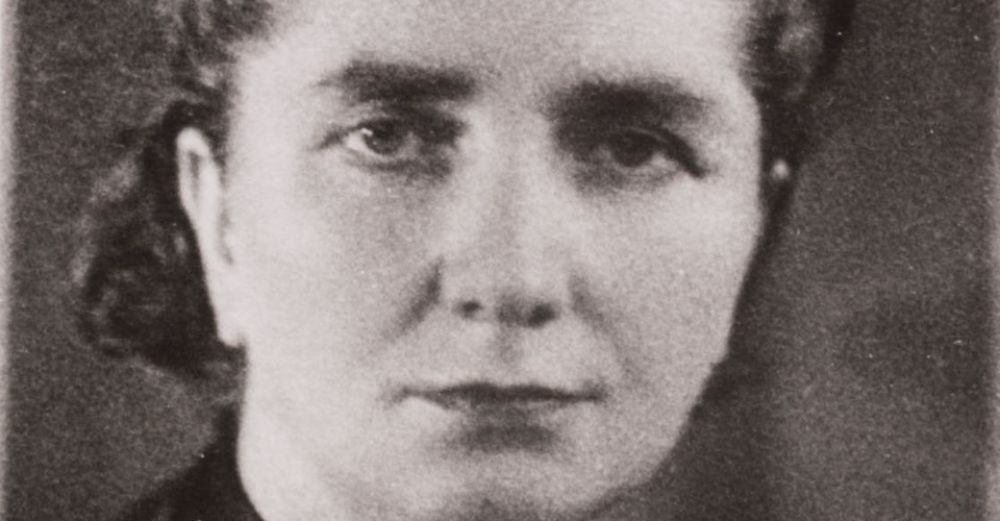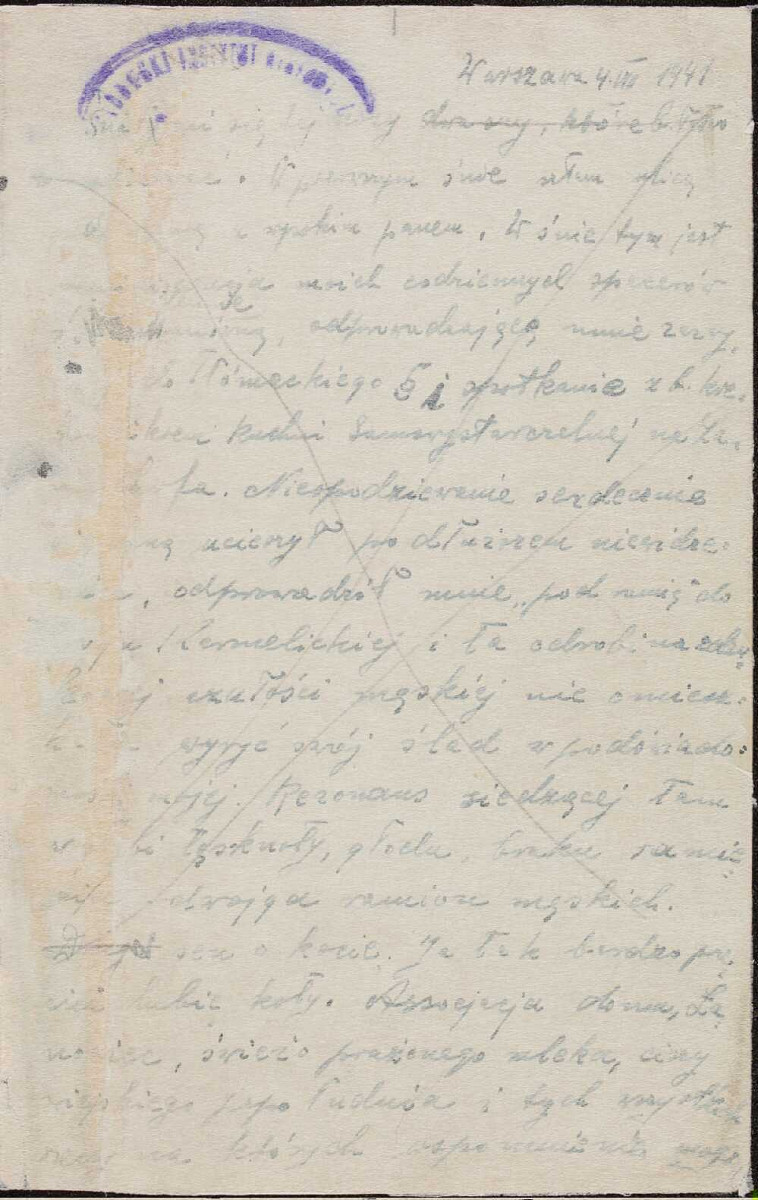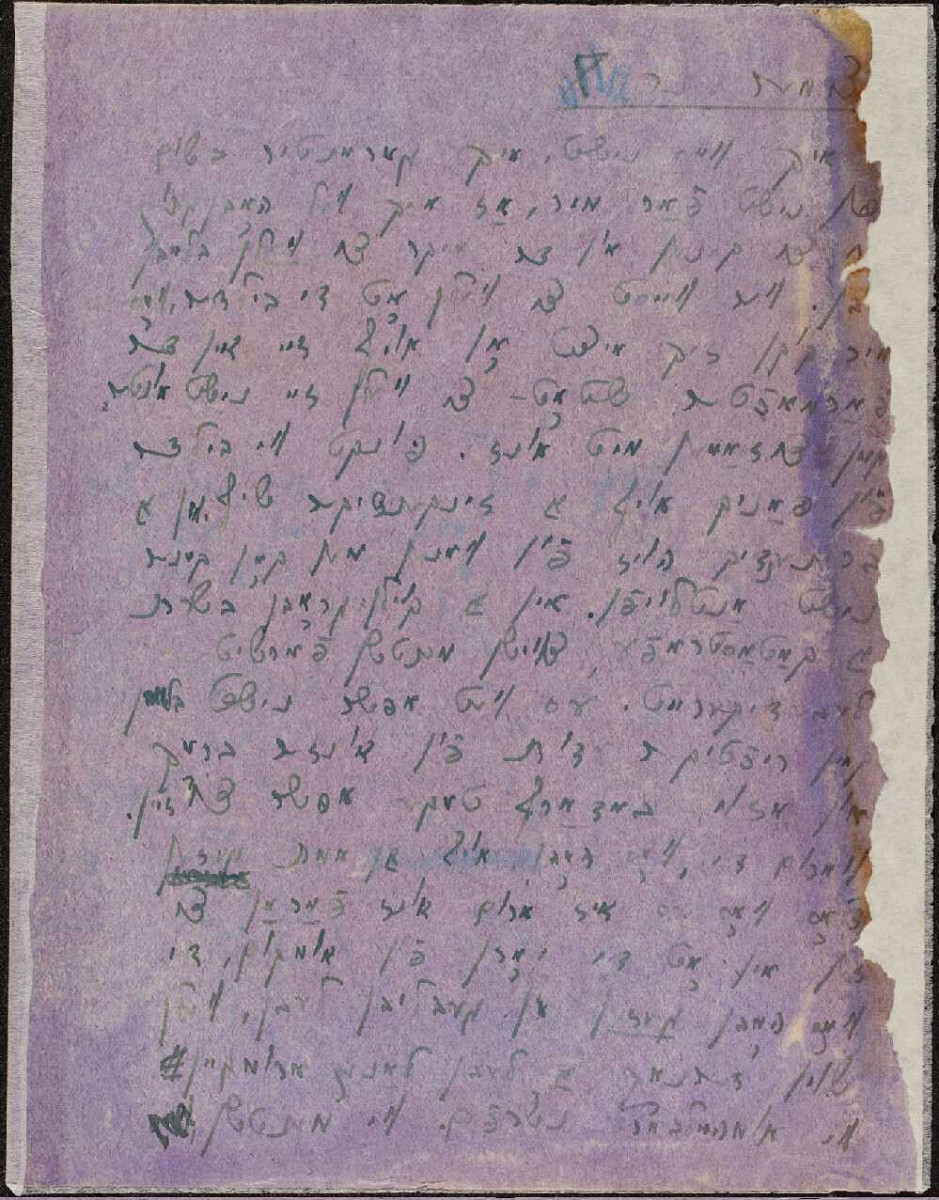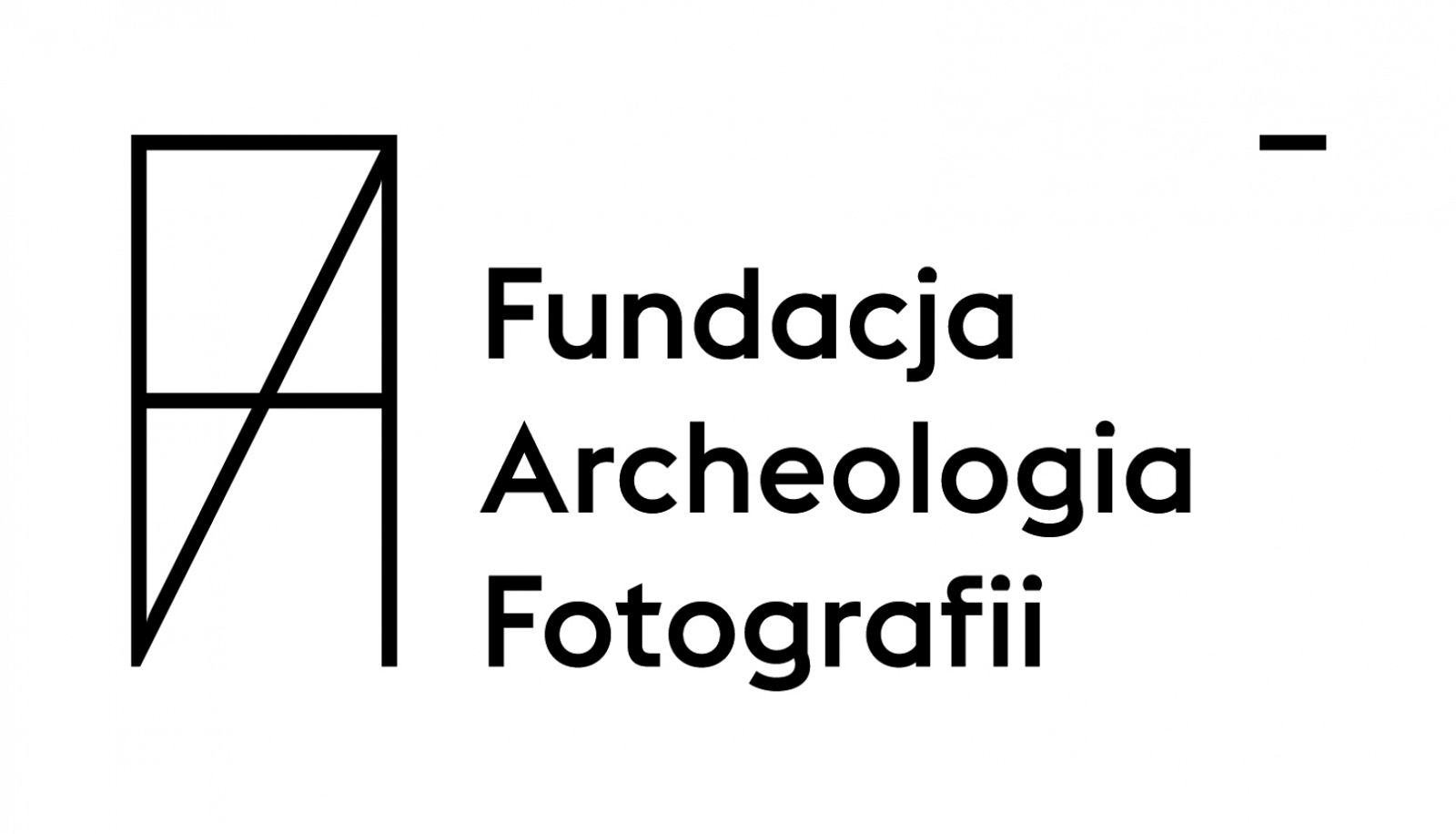- News
- Events
- Oneg Shabbat
- Collections
- Research
- Exhibitions
- Education
- Publishing Department
- Genealogy
- About the Institute
- Bookstore


Rachela Eiga Auerbach was born on 18 December 1899 in Lanovtsy, Podole region (today Ukraine). Due to war – as she stated in her resume – her high school education was „delayed and completed privately”. After her family moved to Lviv, she enrolled in the last class of the Adam Mickiewicz Private Secondary Gymnasium for Girls in 1920, where she passed her final exams on 6 June 1921. In the same year, she began her studies in philosophy, psychology and history at the Jan Kazimierz University. She also joined the Jewish Students Society and became one of its leaders. In 1926, she quit her studies „due to obligations at work”, but she received an anckowledgement of completing her studies without a degree.
Already in her university days, Auerbach was working as a journalist for Jewish press in Polish and Yiddish. She was also translating from Yiddish to Polish and working as an editor. At the same time, she was an active member of the YIVO in Lviv, remaining a board member until the early 1930s.
In early 1930s, she moved to Warsaw, one of the most important centers of Yiddish-language culture – not only in terms of basic institutions, but also an audience comprising several hundred thousand people and better perspectives for employment.
After the war broke out, Auerbach abandoned the idea of finding a place on the train evacuating journalists and decided to remain in Warsaw. In late September, Emanuel Ringelblum called her and informed her about the decision to „save the workforce” and to find employment to as many members of intelligentsia as possible. He also reminded Auerbach that not everyone can leave and entrusted her with a task of organizing a public kitchen at 40 Leszno street.
In mid-1941, Auerbach was engaged by Ringelblum to work on the Underground Archive of the Warsaw Ghetto. For Oneg Shabbat, she wrote a monograph of the public kitchen, which included moving stories about people who were coming there, and prepared a record of a conversation with Jakub Krzepicki, a survivor from the Treblinka extermination camp. She also began to work on a paper about Jewish literature during the occupation; its first version, „Along with the people”, which concerned the writers’ biographies rather than their work, was finished after her escape to the „aryan side”.
„The Diary”The earliest entry in the Diary was dated 8 August 1941, the last – 26 July 1942. Auerbach was commissioned by Ringelblum to write it. The Diary consists of two parts – it was written in Polish with small sections in Yiddish. It was delivered to the Archive in parts, particular fragments were discussed during the group’s meetings, and then sent back to the author with comments. The liaison was Eliasz Gutkowski.

The first part of the Diary was preserved in a good condition, the second was damaged chemically and biologically – hence, especially towards the end, its fragments are difficult to decipher.
The Archive contains also the harrowing Testament, dated 26 July 1942.
26 VII 1942 I’m submitting the unfinished work to the archive. The fifth day of the action. Such horrible things may have happened before in Jewish history, but there was no shame like this ever before. Jews used as tools. I want to remain alive, I’m ready to kiss the shoes of the worst boor, only to have my REVENGE. (…) For the fear of the elderly, the pain of small children, the hopeless despair of adult men and women. Perhaps this is my testament – REVENGE!”
After her escape to the „aryan side”, most likely on 9 March 1943, she began to cooperate with Jewish and Polish resistance as an associate of the Jewish National Committee, while continuing her work on documenting the Holocaust. For a certain period of time, Auerbach was hiding at the ZOO in the Praga district of Warsaw, with the help of Jan and Antonina Żabiński. She fought in the Warsaw Uprising. After its fall, she was resettled, along with many other people of Warsaw.
Along with Bluma and Hersz Wasser, she was one of three Oneg Shabbat members who had survived the war. After the war, she settled in Łódź and began to work as a journalist. She put a lot of effort into the search of the Underground Archive of the Warsaw Ghetto, still buried under the ruins. She was raising this subject at public rallies, in private conversations and in her publications. Many people were treating her efforts cautiously, not realizing the significance of the documentation collected by Oneg Shabbat.

Remember! There’s a national treasure under the ruins. The Ringelblum Archive is there. […] even if there ruins are five floors high, we must find the Archive – she called during the third anniversary of the Ghetto Uprising. Thanks to her effort and the courage of people aware of the significance of documents hidden in the basement of the Borochov school, the first part of the Underground Archive of the Warsaw Ghetto was discovered on 18 September 1946.
At that time, Auerbach was active in the Jewish Writers,, Journalists and Artists Society, she cooperated with the Central Jewish Historical Commission, whose activity she perceived as continuation of Ringelblum’s work. She was collecting and editing survivors’ testimonies.
In early 1950, she moved to Israel and began work at the Yad Vashem Institute in Jerusalem, where she established the testimony department. In 1961, she was involved in preparations for the trial of Adolf Eichmann. Rachela Auerbach and her associates were responsible for completing the lists of witnesses and collecting evidence.
She died in May 1976
---------------------------------

Our permanent exhibition, „What we were unable to shout out to the world”, includes original fragments of Rachela Auerbach’s writings: „Testament”, the poem „Yizkor” and Jakub Krzepicki’s account, which she was the editor of.
Films presented at the mezzanine tell more about her efforts to find the Archive after the war and show her as a witness giving evidence during the trial of war criminal Adolf Eichmann.
------------------------------------
Bibliography:
Rachela Auerbach, Pisma z getta warszawskiego, Wyd. ŻIH, Warszawa 2015
Karolina Szymaniak, Do ratowania rękopisów miałam więcej szczęścia… Racheli Auerbach pisma z getta warszawskiego, Wstęp do: Pisma z getta warszawskiego, op. cit.
The project is generously supported by the Taube Philantropies.